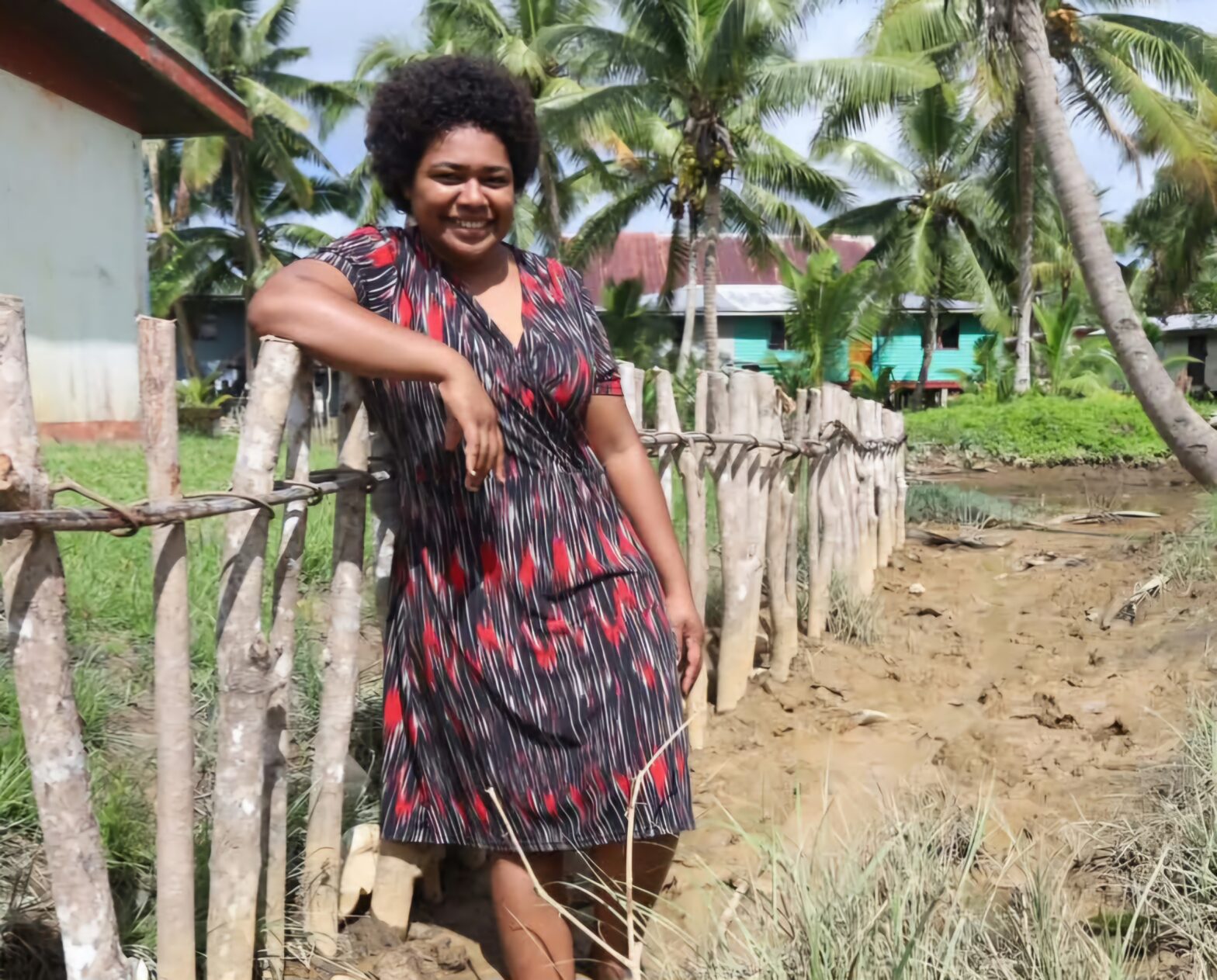They’ve lived in tents for the past four years and endured different weather conditions from rainy days, cold nights to hot sunny days.
They’ve fallen sick in these tents, the old and young alike.
They’ve been told of many plans of relocation but since January 2021 after Cyclone Ana damaged their houses and tore open the village lawn of Nabavatu in Dreketi, Macuata, these families have lived in the tents provided by the past FijiFirst government.
While many plans have unfolded, one thing remains clear, they are tired of living in tents. These villagers live in tents at the AOG Church compound in Dreketi.
The deteriorating condition of their tents over the past years have seen rats, mongoose, cockroaches, ants and other types of insects crawl into their dwelling in search of leftover food or crumbs.
The villagers have also suffered from skin diseases highlighted in the media to which the Ministry of Health have responded to.
During rainy days, water seeps into their tents wetting mattresses and personal belongings forcing parents out of bed in the middle of the night to safely store away some things.
It certainly has not been easy and some of them have described their living as ‘inhumane’.
Many leaders including internationally renowned people have visited, and reports of their experiences and challenges recorded by civil societies but the villagers have remained in their tents.
The villagers have remained in their tents and in two months time, it will mark the fifth year of living in such a condition.
For 76-year-old Lavenia Voutua, living in the tent with her daughter has not been easy.
“At my age, it is very difficult because we have limited space to move around in the tent even to the point where I need to crawl or bend down while walking through the tent,” she said.
“When I get sick or my grandchildren, we have to look for shady places outside so we can rest for the day.
“This is because the tent is very hot to live in during hot days.”
The Nabavatu villager said this was the first time for her to experience such a situation.
“We left our houses in the village because TC Ana damaged it and we cannot move back there,” she said.
Another villager Ana Vosalevu said when they first moved to the tent, her family shared with six other families.
“That was challenging but we thank God for showing us what love is all about and I also thank our forefathers and elders for teaching us about Christ and our faith from when we were small,” she said.
“I believe that got us through the first year we shared tents because we ate together, our children studied together and we helped each other.
“But I won’t deny it, it wasn’t easy. The seven families had to separate their spaces but when we slept at night, everyone shared the floor.”
Despite this dilemma, she said their children who shifted to the tents at primary school have moved onto secondary while the secondary have gone to tertiary institutions.
“They’ve done well in school. We also were blessed to have the support of teachers in schools of Dreketi because they allowed our children to study in the classrooms after school hours,” Ms Vosalevu said.
“This is because we had no electricity in our tents and the solar supplied was not enough to cater for all our children.
“So I believe it was also a communal approach that helped us all these years.”
Looking back at the four years, Marica Malumuca believes the villagers are some tough people.
“Our husbands continued farming, women sold in markets and our children attended school,” she said.
“It was life as usual despite living in tents. Our faith saw us through, believing in God who certainly helped us live and share tents with other families.
“We also shared bathrooms and restrooms and we did all that by just considering others. We also made sure there was no unnecessary fight or quarrelling.”
While some women sold crops and fish parcels in markets, others pursued their handicraft and mat-weaving businesses.
Filo Ramasi was one who weaved and sold mats to earn an income for her family.
“It’s good money and this helped us through financially,” she said.
“Weaving mats was also done to cater for functions and we did that in our tents and even though it can be hot at times, we just needed to do it.”
Earlier this year, the Government commissioned the new village site near Nabavatu village with plans to build 37 new houses for the affected families.
Minister for Rural Development Sakiasi Ditoka said a tender process has been advertised.
This process he said was to allow companies to apply for the construction of the houses.
“We are trying to make sure we follow every step so that we are not delayed further down the line.”
Commissioner Northern Uraia Rainima said the construction of houses would soon take place.
He said it was important and imperative to go through the processes well before construction started.
The feature is a story grant supported by Earth Journalism Network.




